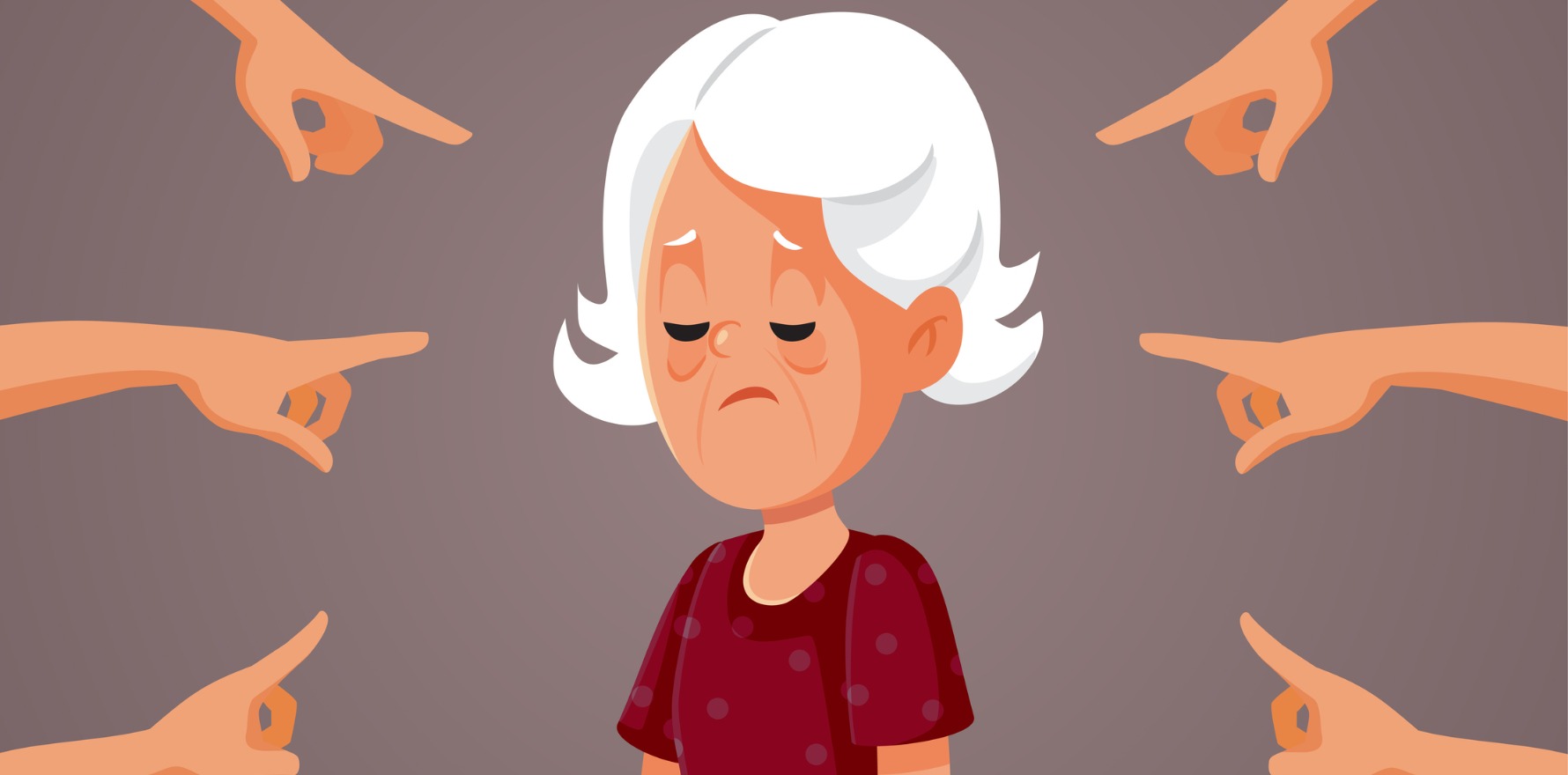Less than half of 1% of older doctors have notifications made against them for health impairments. So why the fuss, the RACGP asks.
The RACGP has joined the AMA in voicing “serious concerns” that AHPRA’s plans to mandate health checks for doctors over the age of 70 could constitute age-based discrimination.
Unlike the medical association though, the college categorically did not support any form of compulsory health assessment.
AHPRA announced in August this year that it would likely be introducing some form of assessment for older doctors, citing increasing rates of notifications for doctors once they hit 70.
It set out three proposals to manage doctors over the age of 70: keep the status quo, introduce comprehensive fitness to practice testing or require regular general health checkups.
“In an inclusive and diverse society, there is no place for ageism, and we have serious concerns that this proposed policy is ageist,” the RACGP said.
According to the regulator’s analysis, the number of notifications received per 1000 doctors in 2023 jumped from 38 in the below-70 cohort to 70 in the 70-and-older cohort.
The notifications gap has been increasing over the last decade.
These figures, along with research completed in 2018, “confirm[ed]” the Medical Board of Australia’s view that late career doctors experience physical illness and cognitive decline at a higher rate than their younger peers.
Therefore, it concluded, health checks were one way to assist in identifying these issues before potentially unsafe practice occurs.
In its submission to AHPRA’s consultation, the RACGP questioned this logic.
The biggest source of notifications for doctors of all ages in 2023 related to clinical care (16 per 1000 for younger doctors, 24 per 1000 for older doctors), followed by pharmacy and medication (5 per 1000 for younger doctors, 12 per 1000 for older doctors).
For older doctors, communication was the third most common cause of notifications, at 11 per 1000 doctors.
Doctors over the age of 70 received about 2.6 notifications per 1000 doctors relating to a health impairment.
If there were 70 notifications per 1000 older doctors in 2023, then the 2.6 notifications per 1000 older doctors that related to health impairments represent just 3% of the total.
It’s unclear, then, why health assessments would be the solution to the higher incidence of notifications.
“[AHPRA’s analysis] shows a higher incidence of notifications for older doctors,” the RACGP said.
“However, no evidence is provided to demonstrate the effectiveness of mandatory health checks in reducing patient harms and notifications.
“It is unclear if notifications received by AHPRA were specifically related to the physical or cognitive decline of the doctor, or the age of the doctor, and could be avoided with a mandatory health check based on the doctor’s age.”
Rates of health impairment-related notifications were high across other disciplines in 2023 as well.
Related
According to AHPRA’s 2023 annual report, 17.3% of the 216 notifications against paramedics were about a health impairment and 14.2% of the 2884 notifications made about nurses were about a health impairment.
In addition to not presenting any evidence that health checks will actually reduce notifications against older doctors, the RACGP said, AHPRA may not have considered that a number of GPs would rather retire early than face increased administration.
The college also pushed back against the idea of screening for dementia.
It’s not the first organisation to raise questions around whether a mandatory health assessment policy would be age discrimination; the AMA called on the regulator to seek and publicly release legal advice on the matter.
The Medical Republic asked AHPRA whether it had done so; it declined to comment until the “appropriate full and thorough analysis” had been completed and the board had decided on a way forward.
It has already indicated that its preferred pathway would be general health assessments every three years for doctors over 70, to be increased to yearly for doctors older than 80.





